+49 1523 1635788 info@documentshome1.com
ITALIAN PASSPORT
$1,500.00
Italian Passport: Information and How to Apply
An Italian passport is a travel document issued to Italian citizens by the Ministry of Foreign Affairs and International Cooperation. It allows them to travel internationally and serves as proof of nationality and identity, contact us for more information.
Description
Italian Passport: Information and How to Apply
An Italian passport is a travel document issued to Italian citizens by the Ministry of Foreign Affairs and International Cooperation. It allows them to travel internationally and serves as proof of nationality and identity.
Here’s what you need to know about Italian passports:
Types:
- Ordinary passport: The most common type, valid for 10 years (3 years for minors under 3 years old, 5 years for minors from 3 to 18 years old).
- Urgent passport: Issued in exceptional cases for urgent travel needs, valid for 15 days.
- Collective passport: Issued to groups of Italian citizens traveling together, valid for 6 months.
- Diplomatic passport: Issued to diplomats and government officials.
- Service passport: Issued to personnel working for the Italian government abroad.
Eligibility:
- Italian citizens by birth, descent, or naturalization.
- Minors under 18 require parental consent.
Application Process:
- Gather documents: Application form, recent photos, valid identification documents, proof of citizenship (if applicable).
- Choose application method: In person at an Italian consulate or embassy, by mail (only within Italy), through the Prenot@Mi system (for appointments at Italian offices abroad).
- Pay fees: The fees vary depending on the type of passport and application method.
- Submit application and documents.
- Pick up your passport: Once your application is approved, you can collect your passport at the chosen location.
Additional Information:
- Validity: Ordinary passports are valid for 10 years for adults.
- Renewal: Renew your passport before it expires.
- Lost or stolen passport: Report it immediately to the nearest Italian consulate or embassy.
- Website: [invalid URL removed]
Here are some resources that you might find helpful:
- Ministry of Foreign Affairs and International Cooperation: https://www.esteri.it/en/
- Italian consulate or embassy in your country: [invalid URL removed]
- Expatica – Passports in Italy: [invalid URL removed]
Remember: Always check the official website of the Ministry of Foreign Affairs or your local Italian consulate/embassy for the most up-to-date information and specific requirements for your situation.
How to obtain a Italian passport?
Obtaining an Italian passport involves a two-step process:
1. Establishing your eligibility for Italian citizenship:
This is the crucial first step, as you cannot apply for an Italian passport without being a citizen. You can be eligible for Italian citizenship in several ways, including:
- By birth: If you were born in Italy to at least one Italian parent.
- By descent: If you have an Italian grandparent or great-grandparent who did not pass Italian citizenship to their children.
- By marriage: If you have been married to an Italian citizen for at least six months.
- By naturalization: If you have legally resided in Italy for at least 10 years (or less in certain cases).
Each path has its own specific requirements and documentation needed. It’s recommended to consult the official website of the Italian Ministry of Foreign Affairs or your local Italian consulate/embassy for detailed information and application procedures based on your specific situation. You can find their websites here:
- Ministry of Foreign Affairs and International Cooperation: https://www.esteri.it/en/
- Italian consulate or embassy in your country: [invalid URL removed]
2. Applying for the Italian passport:
Once you have established your citizenship, you can proceed with applying for the passport. Here’s the general process:
Eligibility:
- Be an Italian citizen.
- Minors under 18 need parental consent.
Application Process:
- Gather documents:
- Completed application form (available online or at consulate/embassy).
- Recent passport-sized photos.
- Valid identification documents (ID card, passport).
- Proof of citizenship (e.g., birth certificate, Italian citizenship certificate).
- Payment for fees (varies depending on type of passport and application method).
- Choose application method:
- In person at an Italian consulate or embassy.
- By mail (only within Italy).
- Through the Prenot@Mi system (for appointments at Italian offices abroad): [invalid URL removed]
- Submit application and documents.
- Pick up your passport: Once approved, collect your passport at the chosen location.
Additional Information:
- Validity: Ordinary passports are valid for 10 years for adults.
- Renewal: Renew your passport before it expires.
- Lost or stolen passport: Report it immediately to the nearest Italian consulate or embassy.
Do I qualify for an Italian passport?
I cannot definitively tell you whether you qualify for an Italian passport as it depends on your specific circumstances. Determining eligibility involves understanding your family history and potential ties to Italian citizenship. However, I can guide you through the resources and steps to help you figure it out:
1. Explore your potential paths to Italian citizenship:
- By birth: If you were born in Italy to at least one Italian parent.
- By descent: If you have an Italian grandparent or great-grandparent who did not renounce their citizenship before your parent/grandparent’s birth.
- By marriage: If you have been married to an Italian citizen for at least six months and meet other requirements.
- By naturalization: If you have legally resided in Italy for at least 10 years (or less in certain cases).
2. Research specific requirements:
- Each citizenship path has its own set of requirements and supporting documents. Research the specific details and documentation needed for your potential path.
- You can find detailed information and application procedures on the official website of the Italian Ministry of Foreign Affairs or your local Italian consulate/embassy: so we give you the best and send us a message.
Which country visa free with Italian passport?
As of October 26, 2023, an Italian passport holder has visa-free access to 194 countries and territories, ranking it 1st in terms of travel freedom according to the Henley Passport Index. This means Italian citizens can travel to these destinations without needing to obtain a visa beforehand.
Here are some examples of popular visa-free destinations for Italian passport holders:
- Europe: All Schengen Area countries, including France, Germany, Spain, Portugal, Greece, etc.
- Americas: United States, Canada, Mexico, Argentina, Brazil, Chile, Colombia, Costa Rica, etc.
- Asia: Japan, South Korea, Singapore, Thailand, Malaysia, Indonesia, Philippines, Vietnam, etc.
- Africa: Morocco, South Africa, Tunisia, Seychelles, Mauritius, etc.
- Oceania: Australia, New Zealand, Fiji, Samoa, etc.
However, it’s important to note that:
- Visa-free access doesn’t always mean unlimited stays. Some countries might have limitations on the duration of your visit without a visa.
- You might still need to fulfill other entry requirements, such as having a valid passport, proof of sufficient funds, and a return ticket.
- It’s always advisable to check the latest entry requirements with the embassy or consulate of the country you plan to visit before your trip.
Does Italy allow dual citizenship?
Yes, Italy does allow dual citizenship for its citizens, meaning they can legally hold Italian citizenship alongside the citizenship of another country. This applies to Italians by birth, descent, marriage, or naturalization.
Here’s a breakdown of Italian dual citizenship regulations:
- Law 91 of 1992: This law allows Italians to keep their existing citizenship when acquiring Italian citizenship, provided their other country also allows dual citizenship.
- No limit on number of citizenships: There’s no legal limit on the number of additional citizenships an Italian citizen can hold, as long as other countries permit it.
- Specific requirements may apply: Depending on how you acquired Italian citizenship, there might be specific requirements related to residency, marriage, or renouncing other citizenships.
Benefits of Italian dual citizenship:
- Easier travel to visa-free destinations for Italian passport holders.
- Right to live, work, and vote in Italy and other EU countries.
- Access to Italian social security benefits and healthcare.
- Cultural and heritage connection to Italy.
Additional considerations:
- Other country’s laws: Remember to check the laws of your other country regarding dual citizenship. They might have different regulations or require you to renounce Italian citizenship.
- Tax implications: Holding dual citizenship can have tax implications in both countries. Consult with a tax advisor for guidance.
- Military obligations: Depending on your situation, you might have military service obligations in both countries. Research and fulfill your obligations accordingly.
Resources:
- Ministry of Foreign Affairs and International Cooperation: https://www.esteri.it/en/
- Italian consulate or embassy in your country: [invalid URL removed]
- Expatica – Dual Citizenship in Italy:

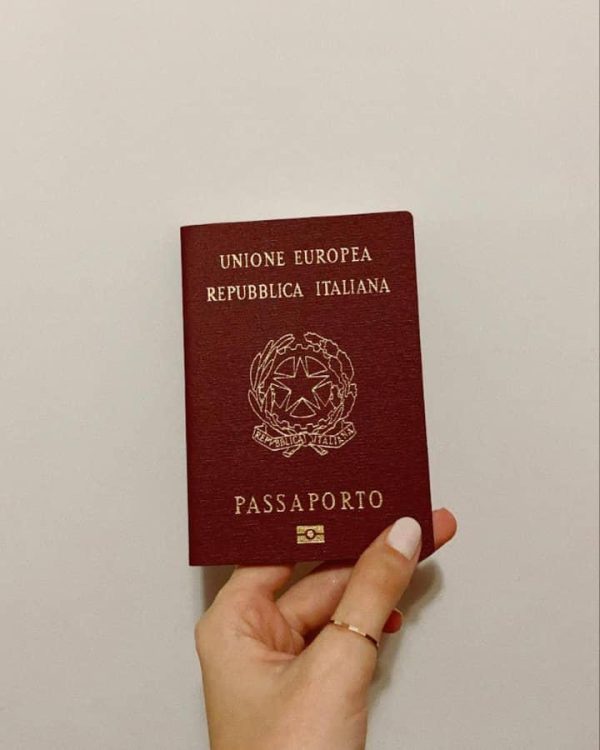

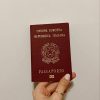

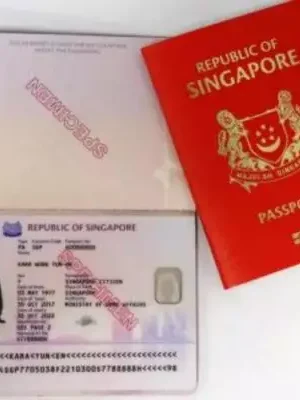
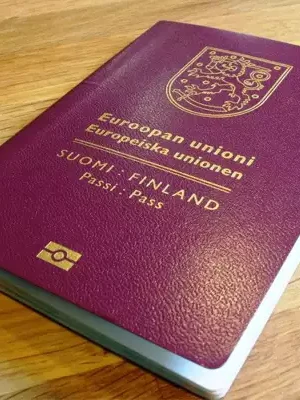
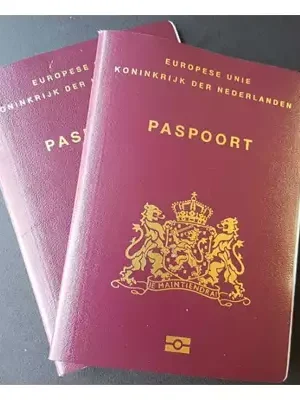
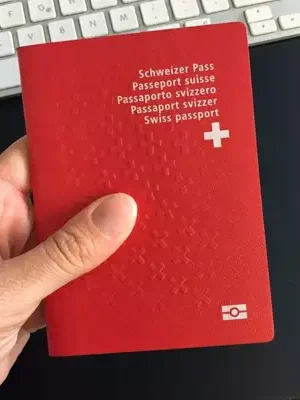
Reviews
There are no reviews yet.